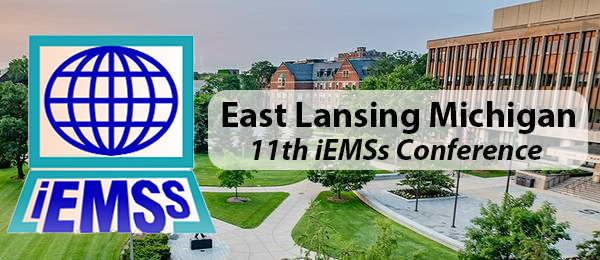Keywords
participatory modeling; group interaction; engagement; cognitive load
Start Date
5-7-2022 1:40 PM
End Date
5-7-2022 2:10 PM
Abstract
Despite the positive influence of gamification on increasing engagement and motivation, there are a limited number of cases when the participatory modeling (PM) process has been gamified. In this research we focused on gamifying the stage of Conceptual Model Development because there are almost no examples when it has been gamified in any way. At the same time, this stage is very important for the overall PM process because it is associated with the first workshops where the stakeholders might experience difficulties in learning the modeling language and interacting in a group with diverse views. Hence, there is a need for engaging process and better group communication which can be potentially tackled with help of gamification. The format of proposed gamified activity resembles board game since we used mostly low-tech solutions. We conducted a two-groups experiment where one group of stakeholders experienced gamified PM process, while the other group went through traditional PM procedure. The workshops were video and audio recorded, later we used thematic analysis to identify the patterns/themes in the transcribed data. We concluded that gamification contributes to creating a more positive atmosphere, engaging in the modeling process, and supporting more informal type of communication in the group. However, drawbacks in gamified design can also negatively influence the cognitive load during the PM sessions. Additionally, further development of gamified PM is dependent on reporting and reflecting not only on successful cases of gamified PM workshops but also on the drawbacks.
Gamified process of conceptual model development with stakeholders
Despite the positive influence of gamification on increasing engagement and motivation, there are a limited number of cases when the participatory modeling (PM) process has been gamified. In this research we focused on gamifying the stage of Conceptual Model Development because there are almost no examples when it has been gamified in any way. At the same time, this stage is very important for the overall PM process because it is associated with the first workshops where the stakeholders might experience difficulties in learning the modeling language and interacting in a group with diverse views. Hence, there is a need for engaging process and better group communication which can be potentially tackled with help of gamification. The format of proposed gamified activity resembles board game since we used mostly low-tech solutions. We conducted a two-groups experiment where one group of stakeholders experienced gamified PM process, while the other group went through traditional PM procedure. The workshops were video and audio recorded, later we used thematic analysis to identify the patterns/themes in the transcribed data. We concluded that gamification contributes to creating a more positive atmosphere, engaging in the modeling process, and supporting more informal type of communication in the group. However, drawbacks in gamified design can also negatively influence the cognitive load during the PM sessions. Additionally, further development of gamified PM is dependent on reporting and reflecting not only on successful cases of gamified PM workshops but also on the drawbacks.



Stream and Session
false